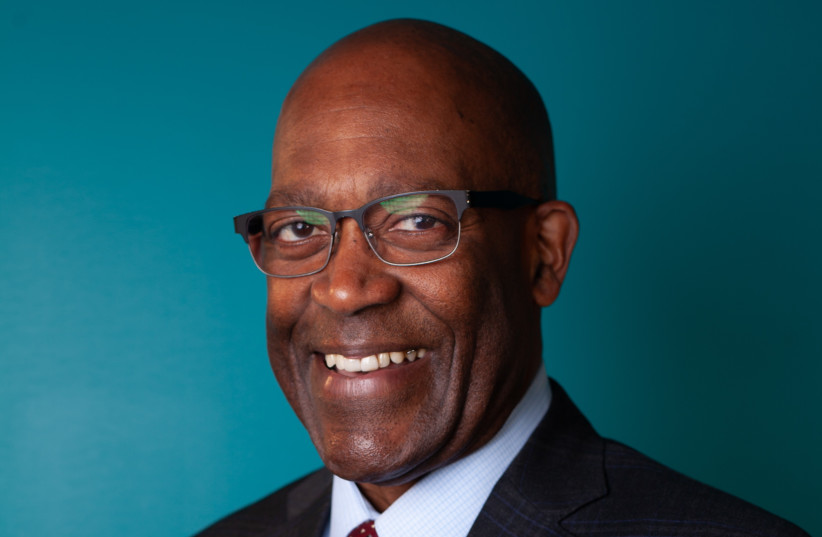“If I know where in Israel a child lives, I can predict their chance of success,” says Nathanael Touitou, head of municipal initiatives at the Rashi Foundation, one of Israel’s preeminent private philanthropies that promotes social mobility in the geo-social periphery.
While children in Israel’s periphery have the same potential as those living in the center of the country, Touitou says, their ability to actualize this potential is limited because there are much fewer opportunities within their reach.
One of the critical factors that can influence a child, he explains, is participation in experiential extracurricular activities such as youth organizations and youth movements, sports, entrepreneurship, volunteering, art, nature, and music. It provides children with invaluable skills, along with a sense of identity and belonging, resilience, how to work in a team, and a positive vision for the future. Research has also proved that it improves school outcomes.
However, it is estimated that only 30% of Israeli youth participate in experiential education programs, and in Israel’s periphery, the numbers are as low as 5%.
What can spur an increase in participation? The key, Touitou says, is the role that local municipalities can play. They have a direct influence on the daily life of their residents, and as a result of their effective conduct during the pandemic, municipalities now have greater independence and authority.

Expansion of programs
Touitou cited Kiryat Malakhi, a town in southern Israel with a population of approximately 25,000, as a case in point. As recently as 2016, just 15% of the town’s youth participated in after-school activities. Less than 500 children were participating in youth groups. The municipality, together with the Rashi Foundation and other partners, launched a city-wide initiative in 2016 focusing on fields that affect social mobility, among them experiential education.
Since then, under the leadership of the head of the municipal youth department, participation in experiential activities has increased from 15% to 45%. Participation in youth groups has doubled to more than 1,000 children. The number of youth counselors (madrichim) has grown from 30 to 180, most of whom are local residents, and the municipal budget for the field increased by 400%.
Touitou adds that the Rashi Foundation will soon launch a pilot program to advance informal education in the northern city of Nahariya and the Negev city of Dimona. The pilot will be expanded later to many other cities.
The success of the program in Kiryat Malakhi has drawn attention even from far-flung locations. Frank Cumberbatch, Vice-President for Engagement for Bader Philanthropies, visited the town to learn about its experiential education program on a recent trip to Israel. Bader, a Milwaukee-based charitable organization that has invested more than $426 million to improve the quality of life of people in Milwaukee, rural Wisconsin, and abroad, is cooperating with Rashi in other initiatives, and the visit was part of this partnership.
Cumberbatch, who grew up in Trinidad, says that experiential education has transformed his life. He came from a family with little or no skills. Most had never received a high school education. “I was on that path,” he recalls. “I wasn’t driven by going to school.”
This changed one day when another child in the neighborhood asked if he wanted to join the local track team. He agreed, despite his asthma condition. “After a month,” he says, “everything started to change for me. I felt good about myself and was part of something bigger than me.”
The young Cumberbatch noticed older students receiving track and field scholarships to attend college in the United States. “I realized you could come to education from many angles – from the traditional classroom but also from your neighborhood, your peers, your interests – all these things are part of being educated.”
Cumberbatch received a scholarship to the University of Wisconsin at Oshkosh. Moving to Milwaukee after college, he saw many children who were indifferent about school and education. Cumberbatch decided to become a track and field coach at the Olympic level – “not to coach Olympians,” he emphasizes – but to teach youngsters the sport at the highest level. The results were spectacular. “Teachers were calling me and asking, ‘What are you doing to them? They are coming to school every day, and their grades are improving.’ I saw that experiential education is a path to whatever success you want for yourself.”
Cumberbatch has been working on the development of the Opportunity Center in Milwaukee, a large multipurpose facility that will expose children to the best of experiential education – sports, art, music, dance, technology, and more.
Returning to his recent visit to Israel, Cumberbatch says, “I was so impressed with Kiryat Malakhi, with the mayor making experiential education a part of the future of that city. We met young people who are in the Israel Scouts movement, and they said that they had no interest in school until they began an out-of-school activity. This allowed them to center themselves.”
“The Rashi Foundation is on to something,” he says. “This could be the next wave of growth and transformation for the youth of Israel. The city-based strategy of experiential education should be embraced as a way of giving every young person a chance to succeed.”
This article was written in cooperation with the Rashi Foundation.
